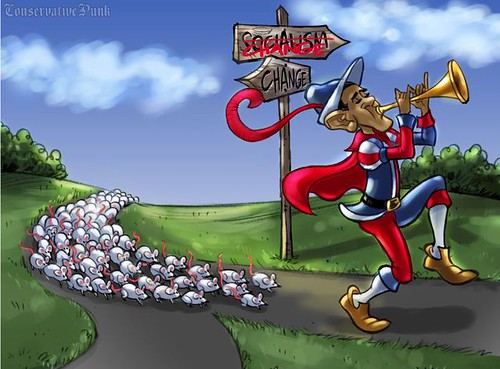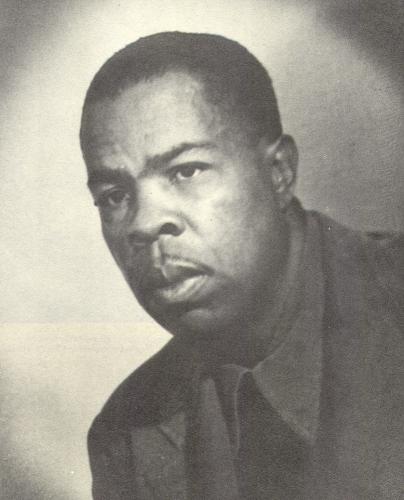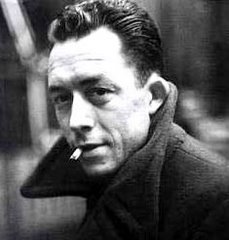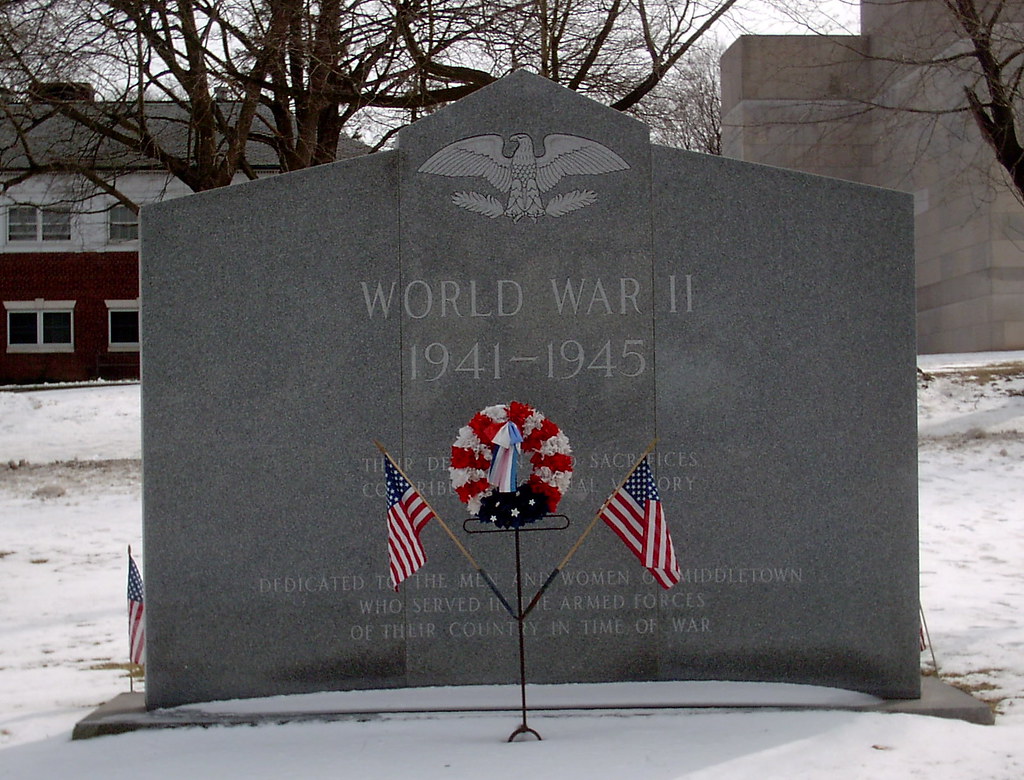
Pictured: The Mayflower II
The following is an excerpt from Pilgrim Story which can be read in its entirety here.
THE PILGRIMS AS PEOPLE: UNDERSTANDING THE PLYMOUTH COLONISTS
Pilgrims have been the symbolic originators of our familiar November holiday. Legends about the feast have turned it into a mythic event worthy of our emulation. It is a good story, and an important part of our cultural tradition. It helps us remember those hardy English men and women who braved dangers far greater than we have to face today to follow their own consciences and give glory to God. But if we really want to understand them, we must go beyond the legend, important as it is, and try to see the real Pilgrims and the celebration they enjoyed so many years ago....
The people we know as the Pilgrims have become so surrounded with legends that we tend to forget that they were real people. Against great odds, they courageously made the famous 1620 voyage and founded the first New England colony, but they were still ordinary English men and women, not super heroes. If we really want to understand them, we must try to look behind the legends and see them as they saw themselves.
They were English people who sought to escape the religious controversies and economic problems of their time by emigrating to America. Many of the Pilgrims were members of a Puritan sect know as Separatists. They believed that membership in the Church of England violated the biblical precepts for true Christians, and that they had to break away and form independent congregations which were truer to divine requirements. At a time when Church and State were one, such an act was treasonous and the Separatists had to flee their mother country. Other Pilgrims remained loyal to the national Church but came because of economic opportunity and a sympathy with Puritanism as well. They all shared a fervent and pervasive Protestant faith that touched all areas in their life.
THE SECULAR THANKSGIVING FEAST VS THE RELIGIOUS DAY OF THANKSGIVING
(The Pilgrims) brought with them familiar customs, among which were an autumn secular harvest celebration and a Puritan religious Thanksgiving holy day. As we shall see, these two events were totally separate and independent in their minds. It is we, today, who have blurred the differences and merged the two events into one. A secular celebration such as a harvest was an annual event which would of course include the giving of religious thanks to God; acknowledgment of God's Providence was part of most days of their lives. A true Day of Thanksgiving was a completely separate observance.
When the Puritans rejected the old Medieval ecclesiastical calendar of Christmas, Ester and Saint's days, they submitted three allowable holy days: The Sabbath, the Day of Humiliation and Fasting, and the Day of Thanksgiving and Praise. The latter two were never held on a regular basis but only in direct response to God's Providence. When things went well, signaling God's pleasure with the community, then it was proper to declare a Day of Thanksgiving in His praise. But when God's displeasure was evident and events were unfortunate, it was an indication that the community should repent and declare a Day of Fasting and Humiliation. Each of these days were held on weekdays and meant an extra day of church services and devotion in addition to the Sabbath. The Day of Thanksgiving was often concluded with a feast, while the fast days saw voluntary privation.
The harvest celebration of autumn, 1621, was quite plainly neither a fast day nor a thanksgiving day in the eyes of the Pilgrims. Rather it was a secular celebration which included games, recreations, three days of feasting and Indian guests. It would have been unthinkable to have these things as part of a religious Thanksgiving. The actual first declared Thanksgiving occurred in 1623, after a providential rain shower saved the colony's crops.
It was only in the later 19th-Century, when looking back for a precedent for the modern, more secular Thanksgiving of family feasts and football games which had evolved after the decline of Puritanism, that people discovered this first harvest celebration and dubbed it the "First Thanksgiving." They were not interested in what that famous festival meant to the Pilgrims; they were concerned with what it could mean to Victorians like themselves.

Tags: thanksgiving,first thanksgiving,secular thanksgiving,secular harvest celebrations,religious thanksgiving,pilgrim thanksgiving,mayflower, mayflower ii































































